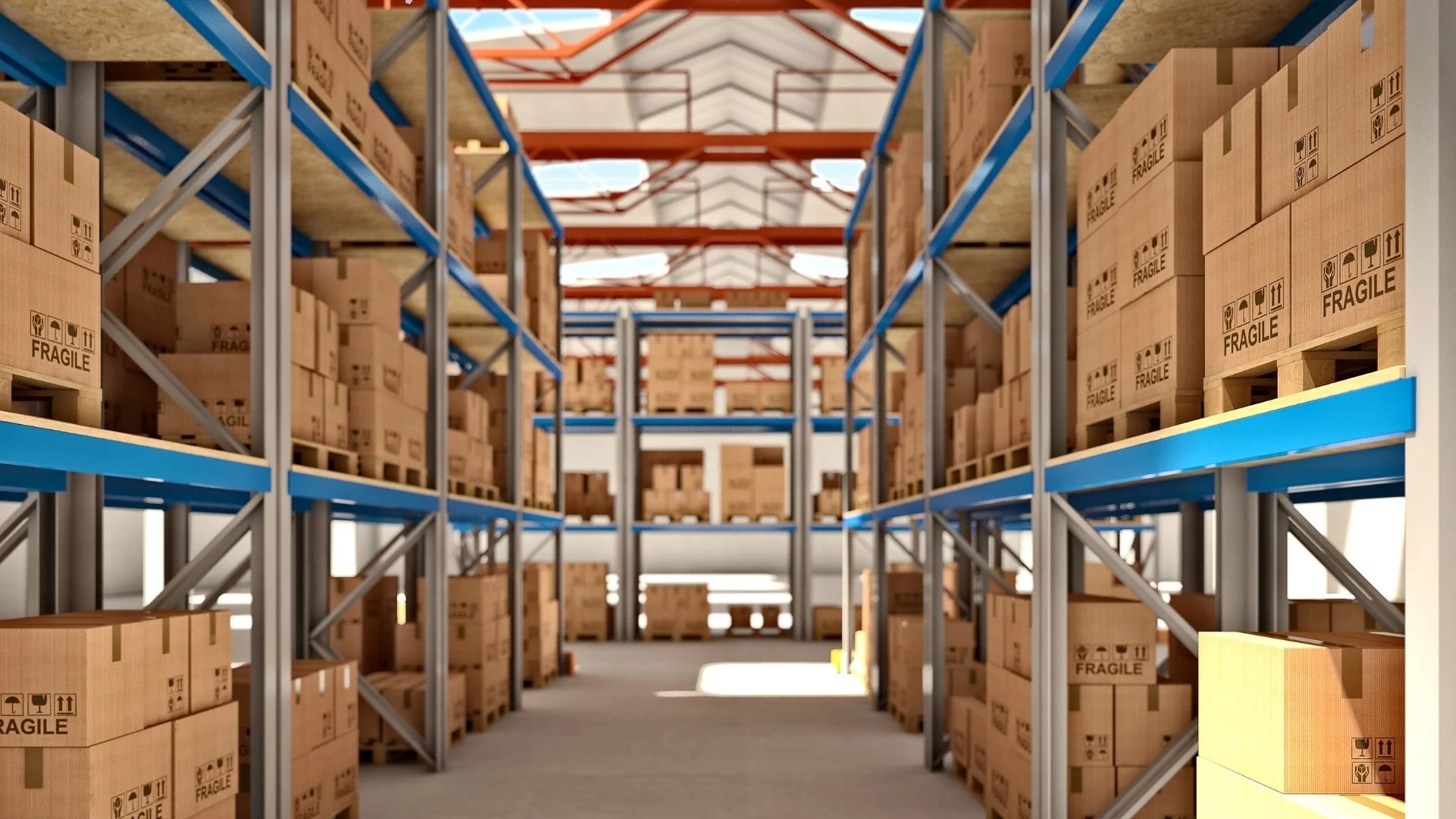Efficient inventory management requires managers to explore solutions that streamline operations and enhance processes. One effective approach is investing in storage systems, which integrate strategies and tools to simplify workflows and deliver better results.
Here’s an overview of some of the most popular storage systems and their critical role in optimizing inventory control.
3 Types of Storage Solutions
Understanding the different types of storage systems is crucial before implementation. Each option has unique characteristics designed to meet diverse operational needs. Here’s a detailed look at the three most common types:
1. In-House Storage
In this model, the company assumes full responsibility for storing and managing its inventory. From controlling item flow to organizing and maintaining the storage space, all operations are handled internally. This approach offers total control and the ability to customize processes, making it ideal for businesses seeking tailored solutions. However, it requires a significant investment in infrastructure and personnel.
2. Outsourced Storage
Outsourced storage involves partnering with a specialized logistics company to manage the entire storage process. This partner oversees everything from receiving to shipping, enabling the contracting company to focus on strategic priorities. It’s a cost-effective option for businesses aiming to reduce overhead expenses and benefit from expert logistics management.
3. Contracted Storage
Contracted storage allows companies to rent storage space while retaining direct control over inventory management. This model is an excellent choice for businesses needing to expand their storage capacity without building new facilities. Companies can strategically select storage locations to stay closer to distribution centers or customers, enhancing logistical flexibility.
The Importance of Storage Systems
Efficient storage systems are essential for organizing and managing stored materials, enabling better space utilization, increased storage capacity, reduced errors, and a more streamlined logistics chain.
Beyond enhancing organization, storage systems empower employees to quickly locate items, speeding up operations and minimizing the risk of accidents. This improved efficiency reduces losses and waste, leading to significant cost savings while reinforcing the company’s reputation for reliability and professionalism.
The 6 main storage systems
1. Silos and Tanks
Common in the agricultural and petrochemical industries, silos and tanks are vertical structures designed to store large volumes, whether grains, liquids, or other materials. The main advantage of this type of system is the ability to store large quantities in compact spaces, in addition to facilitating the efficient flow of stored materials.
2. Racks
Metal structures known as racks are widely used to verticalize storage space, enabling the safe stacking of pallets and preventing damage to products.
3. Mezzanine
The mezzanine offers an elevated structure – like a “second floor” – for additional storage, maximizing the use of space with the possibility of including shelves on both the upper and lower levels.
4. Carousel storage systems
Composed of mobile shelves that slide into the work area, carousel systems facilitate the storage and collection of various items, from boxes to automotive parts, in addition to reducing costs by replacing machines and handling equipment.
5. Pallet racks
Ideal for vertical storage of heavy items, pallet racks allow quick and safe access to pallets with the help of forklifts, organizing the space without the need to move other loads.
6. Flow rack
Made of metal and with inclined shelves, flow racks allow the storage of light and small items, facilitating the replacement of products by sliding boxes toward the operator.
How to choose the ideal storage system?
Every storage system comes with unique features, advantages, and challenges. Many warehouses opt to combine multiple systems to address their specific requirements effectively. To determine the best storage solution for your company, consider the following key factors:
Space and type of stock
Understand the quantity, volume, and type of merchandise stored to choose the system that best optimizes the space and logistics of your warehouse.
Cost and return
In addition to the value of the system, consider the costs of implementation, replacement of equipment and possible unforeseen events, aligning the choice with the company’s budget.
Focus on productivity and innovation
Choose a system that maximizes productivity and adds strategic value to the business, reducing damages and facilitating daily operations for customers and employees.
Supplier Quality and Choosing the Right Partner
When opting for an outsourced storage solution, it’s crucial to evaluate potential suppliers thoroughly. Consider their track record, customer reviews, and client portfolio to establish a reliable partnership that aligns with your company’s standards and goals.
Investing in the right storage system is a key strategy for businesses looking to optimize logistics and achieve efficient inventory management. A well-chosen system maximizes space utilization, enhances product organization, accelerates workflows, reduces costs, and minimizes losses.
Each storage system comes with unique advantages, allowing businesses to tailor their approach to specific operational needs. By adopting intelligent storage solutions, companies can create a more agile and secure supply chain that meets market demands, improving competitiveness and service quality.
At 3PL Links, we provide top-tier warehouse solutions designed to address your unique needs. With our expertise, state-of-the-art facilities, and customized logistics services, we help businesses optimize their storage, streamline operations, and achieve seamless inventory management. Partnering with us ensures your supply chain is equipped to deliver efficiency, reliability, and excellence.



